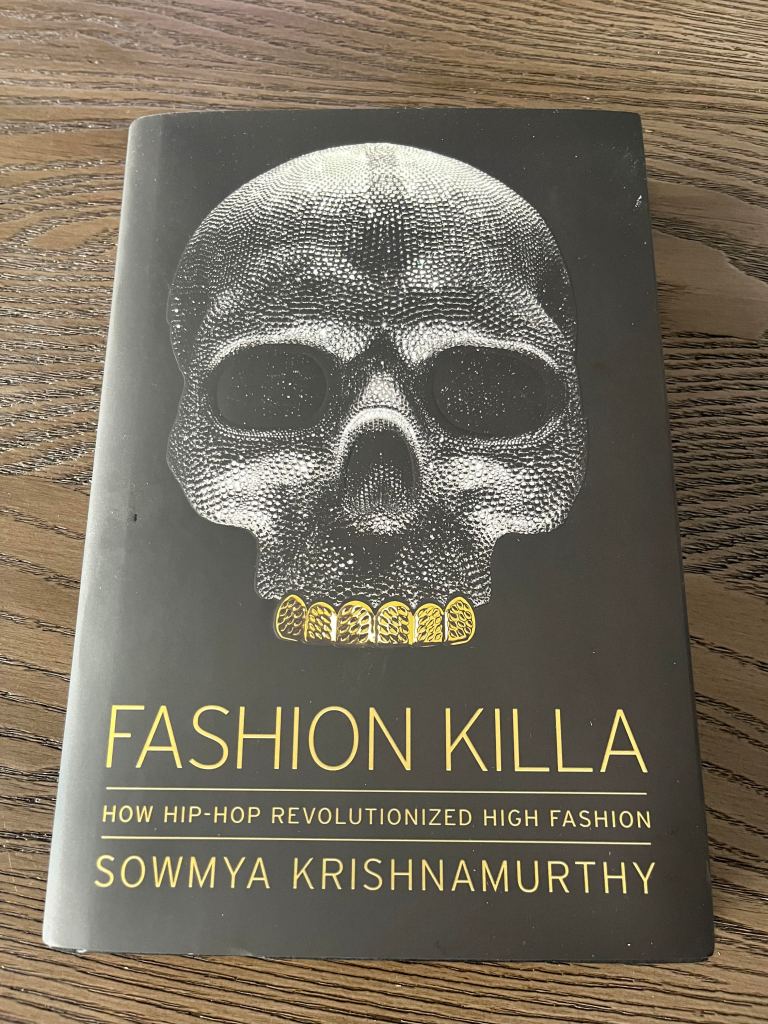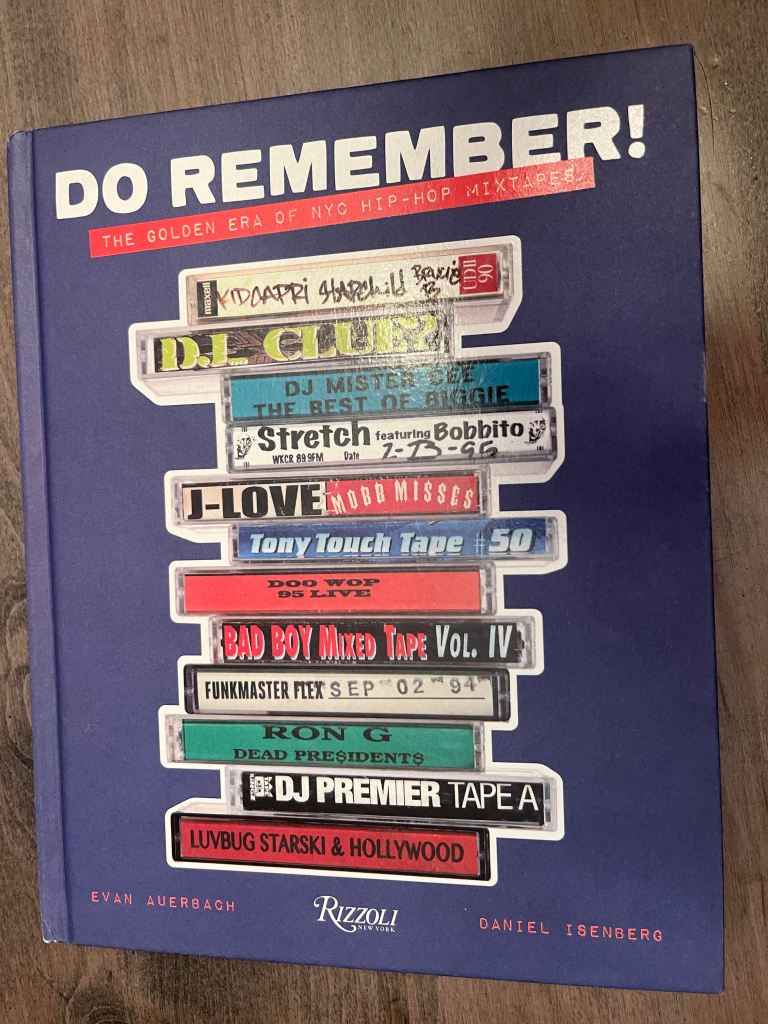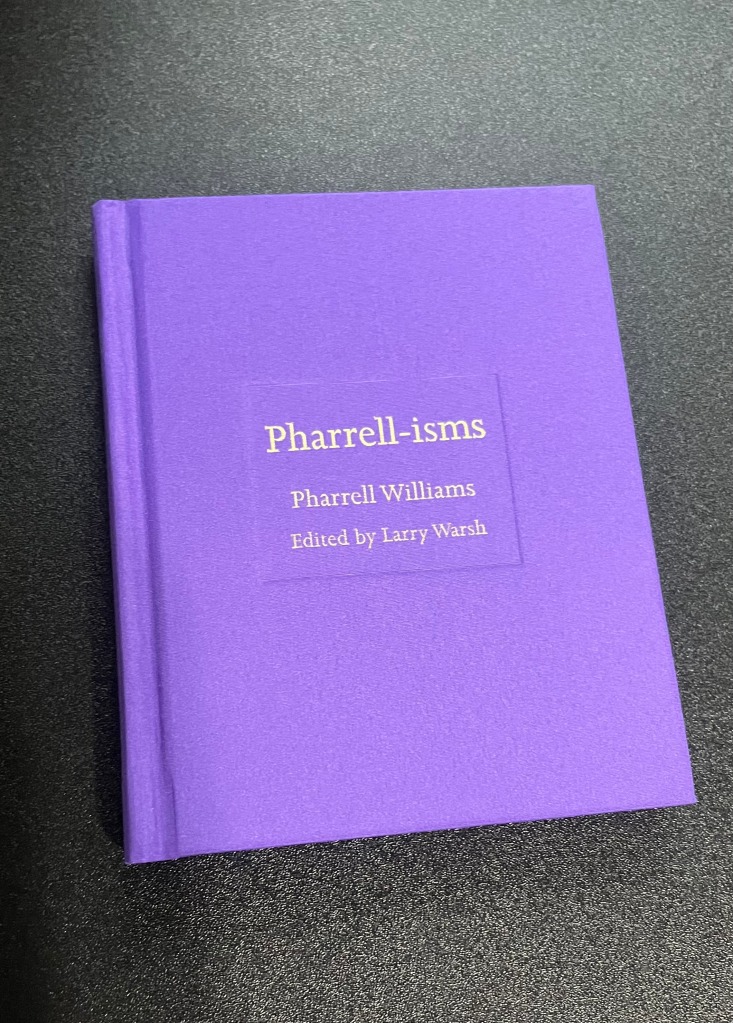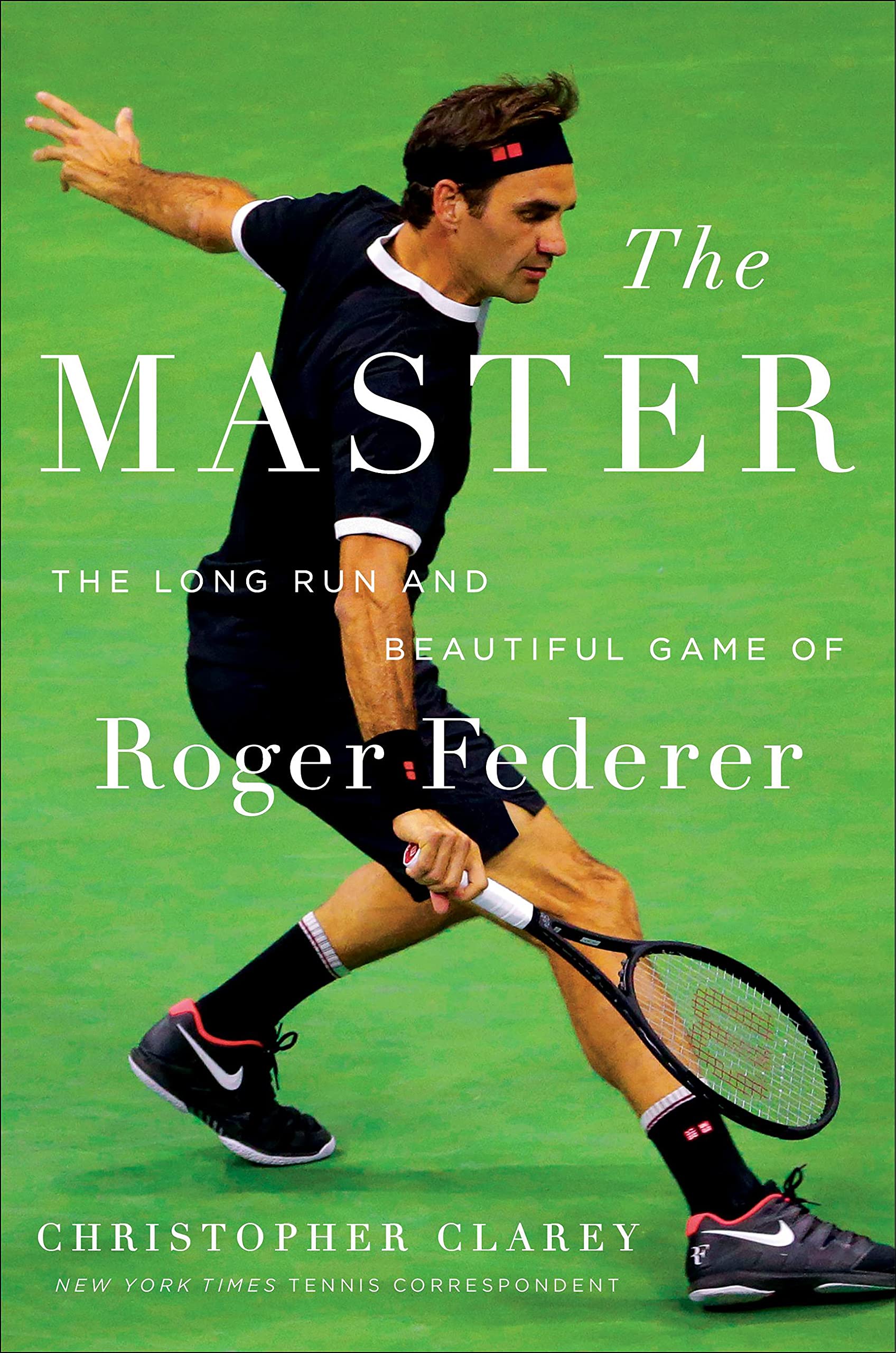For the most part, whenever I heard a J Dilla (previously known as Jay Dee) beat, it sounded…off, wrong, maybe even sloppy. I couldn’t totally follow it. I wanted to like it, but I couldn’t fully appreciate it. It made me feel a bit discombobulated.
Only much later did I realize that was the intention. Dilla was not only reinventing what was known, he was inventing what was previously unknown.
As Dan Charnas writes, “What Dilla created was a third path of rhythm, juxtaposing those two time-feels [straight time and swing time], even and uneven simultaneously, creating a new, pleasurable, disorienting rhythmic friction and a new time-feel: Dilla Time.”









